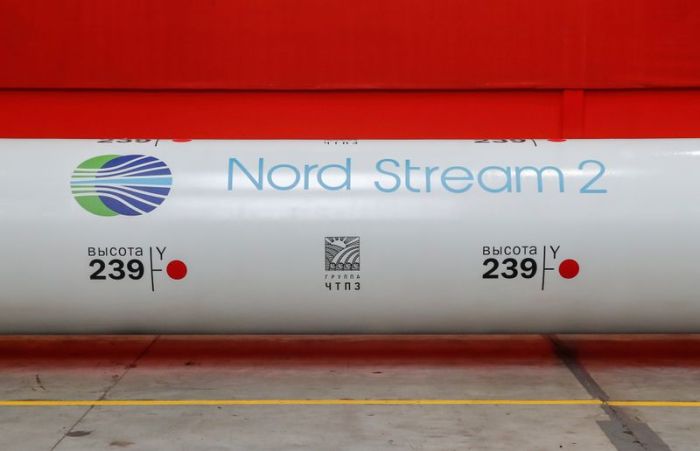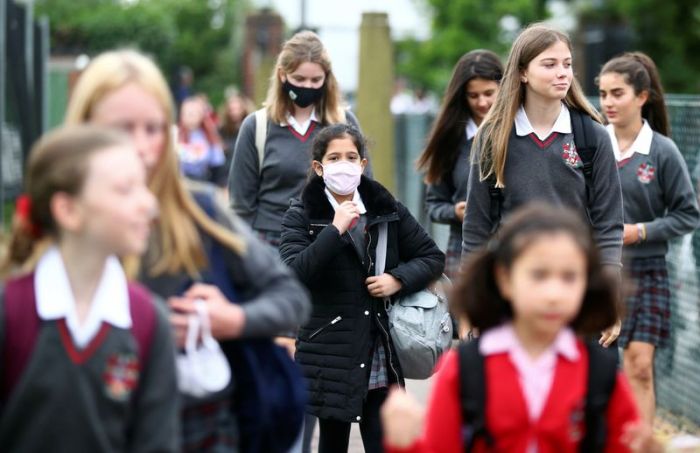(Reuters) – Apple Inc <AAPL.O> supplier Broadcom Inc <AVGO.O> said on Thursday that a ramp-up of annual chip shipments would be later this year than most, likely signaling that the next iPhone will arrive after the usual late September launch date.
Broadcom, which earned about a fifth of its revenue from Apple in 2019, said a ramp-up of chip shipments for what analysts believe is the next iPhone will run into the final quarter of the calendar year, a quarter later than most years.
In June, Broadcom had warned that revenues for its just-ended quarter would be below expectations because of a delayed phone launch from “our large North American mobile phone customer” that analysts believe is Apple.
Most analysts have already pushed out their expected launch date of Apple’s much-anticipated 5G-enabled iPhone to October after travel restrictions imposed by the novel coronavirus pandemic disrupted work on the devices.
Apple did not immediately respond to a request for comment.
Broadcom, meanwhile, forecast current fourth-quarter revenue above Wall Street estimates on Thursday, encouraged by the upcoming 5G phone launches and strong demand for its data-center chips from the growing remote work market. Shares rose 0.3% in after-hours trading on the results.
The company forecast fourth-quarter revenue of $6.4 billion, plus or minus $150 million. Analysts on average were expecting revenue of $6.18 billion, according to IBES data from Refinitiv.
The pandemic-led shift to work-from-home has fired up demand for infrastructure such as data centers at a time when the semi-conductor industry is gearing up for the launch of 5G phones that use higher priced chips.
Broadcom posted a 5.6% rise in third-quarter revenue to $5.82 billion, ahead of estimates of $5.76 billion.
Net income attributable to common stock fell to $614 million, or $1.45 per share, from $715 million, or $1.71 per share, a year earlier.
Excluding items, the company reported a profit of $5.40 per share, topping analysts’ average estimate of $5.24.
Shares of the company, which have gained about 11% this year, rose 1.7% in extended trading.
(Reporting by Neha Malara in Bengaluru and Stephen Nellis in San Francisco; Editing by Sriraj Kalluvila and Richard Pullin)


























